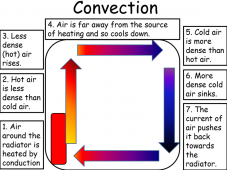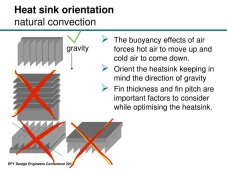Thanks am abit grey about the technical part but will try to internalise and understand this informative piece of information.am greatful that I always find some good and great pple here who are always willing to help and enlighten us further about concepts that we don't really understand for that reason I salute you and say thankyou .With your explanation I tend to think Solis inverter as suggested by
@Solar Guppy would have less noise compared to goodwe as it's the one using conventional cooling .That said I will still need some in-depth review about the two products so this time round I will explore further and get to view a few videos on YouTube on the same .if you know of good reviews out there I wouldn't mind if you pointed me to that direction and maybe share a link .
You won't find anything on Goodwe as they just started selling in the US, Solis 5G HVES has been out for 2+ years but I am told the sales Volume has been low, it is not a reflection of the product performance, it is the requirement for a BYD battery box HV which is UL9540 certified with if you want to use the backup functionality.
In General, you have the DYI crowd which is mostly 48V and not code compliant unless it's using a listed configuration which for the most part is tier 1 vendors ( Schneider , Outback, SMA ) and Sol-Ark all have listed combinations.
The high voltage products are technically a better options, but for the most part it is all listed equipment and that isn't something that the budget DYI seem to vote with their wallet to purchase.
Tesla, Enphase, Generac are only for qualified professionals, and their systems are what most homeowners are getting for turn-key systems, at least in the US.
Finally the Solis 5G HVES is in the last year(s) of sales for US market ( I have be told ), they are working on the next generation that will have options for 2X+ more kw backup and parallel options, whole home ATS like Tesla and Enphase can do.
In General, the ESS / Storage market is in flux, the code changes in NEC2020 has the potential to be what pushes the market to more HV solutions? only time will tell, it certainly is MUCH simpler, small gauge wiring, plug and play battery's that just work out of the box.
I own a pair of the Solis 5G HVES, they are fantastic performers hardware wise, not a single issue, software is usable but has bugs that will never be fixed, this attitude seems to be common in China designed products from reading on many forums.




